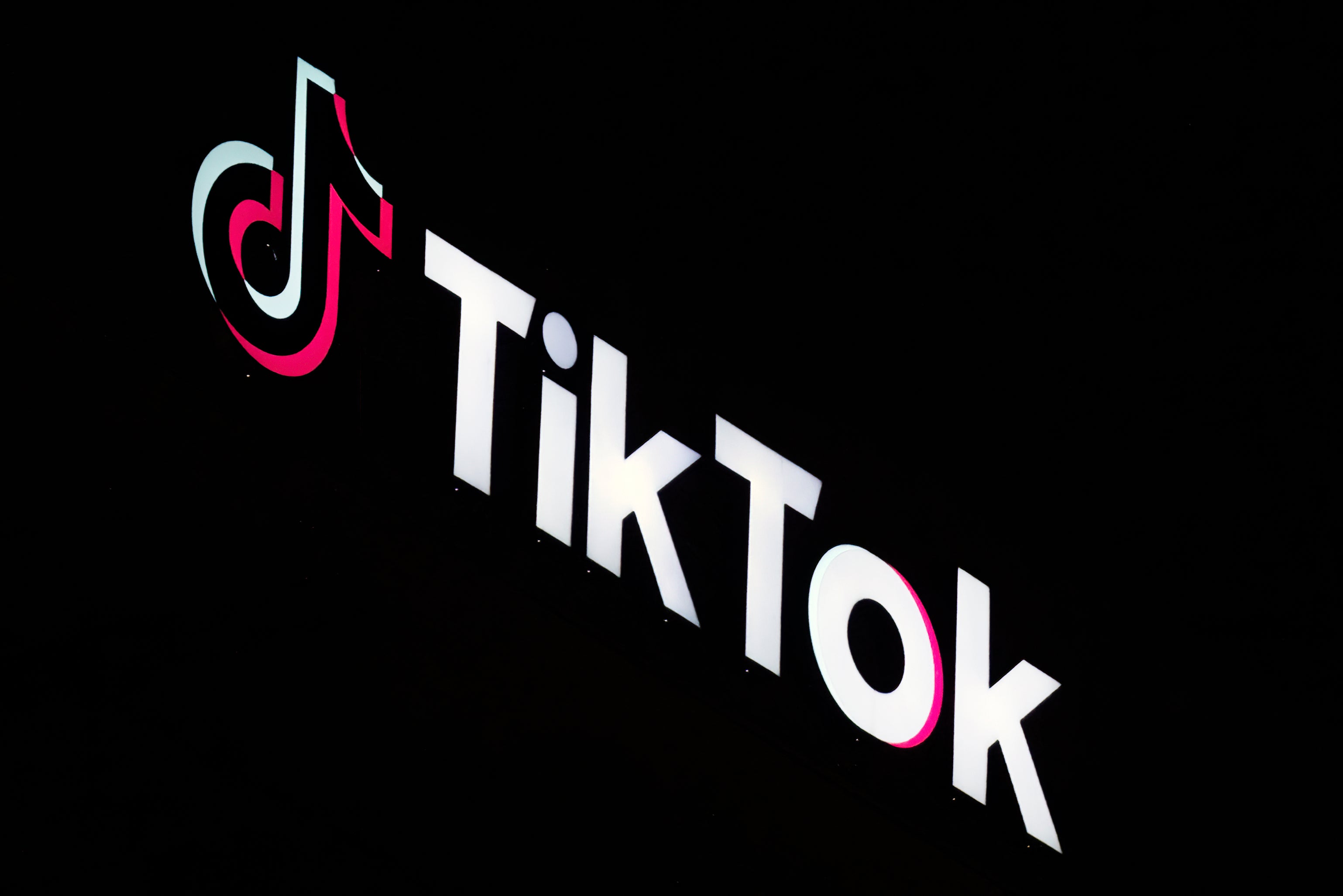Venezuela's top court issues a $10 million fine for TikTok over allegedly deadly video challenges
Venezuela’s Supreme Court has issued a $10 million fine against TikTok for “not implementing measures” to prevent viral video challenges that have allegedly led to the deaths of three Venezuelan children recently

Venezuela’s Supreme Court on Monday issued a $10 million fine against TikTok for “not implementing measures” to prevent viral video challenges that have allegedly led to the deaths of three Venezuelan children recently.
Judge Tania D’Amelio said TikTok had acted in a negligent manner and gave it eight days to pay the fine, while also ordering the video service company to open an office in Venezuela that would supervise content so that it complies with local laws.
The judge did not explain how Venezuela would force TikTok, whose parent company is based in China, to pay the fine. Venezuela has blocked dozens of websites in previous years for not complying with regulations set by its telecommunications commission.
TikTok did not immediately respond to requests for comment from The Associated Press.
In November, Venezuelan President Nicolas Maduro blamed TikTok for the death of a 12-year-old girl who allegedly died after participating in a TikTok challenge that involved taking tranquilizer pills and not falling asleep.
Venezuela’s Education Minister Hector Rodriguez also said last month that a 14-year-old died after taking part in a TikTok challenge that involved sniffing substances. And on Nov. 21, Venezuela’s attorney general blamed video challenges on TikTok for the death of a third child.
Dozens of radio stations and television channels have been taken off the air in Venezuela under Maduro over their news coverage. More than 60 websites belonging to human rights groups and news companies were blocked at different times this year, according to VE Sin Filtro, a group that tracks media freedoms in the South American country.
In August, Venezuela banned the social media platform X as thousands of Venezuelans took to the streets t o protest the re-election of Maduro.
The Venezuelan government initially banned X for 10 days, after Maduro accused its owner Elon Musk of using the social media platform to “orchestrate attacks against Venezuela.” Musk had accused Maduro of rigging the July 28 election, which the United Nations and the Carter Center, an organization that monitors elections around the world, said did not meet international standards.
X can now be accessed on privately run internet providers in Venezuela, but it is still blocked by Venezuela’s state owned internet provider Movilnet.
___
Rueda reported from Bogotá, Colombia
Bookmark popover
Removed from bookmarks